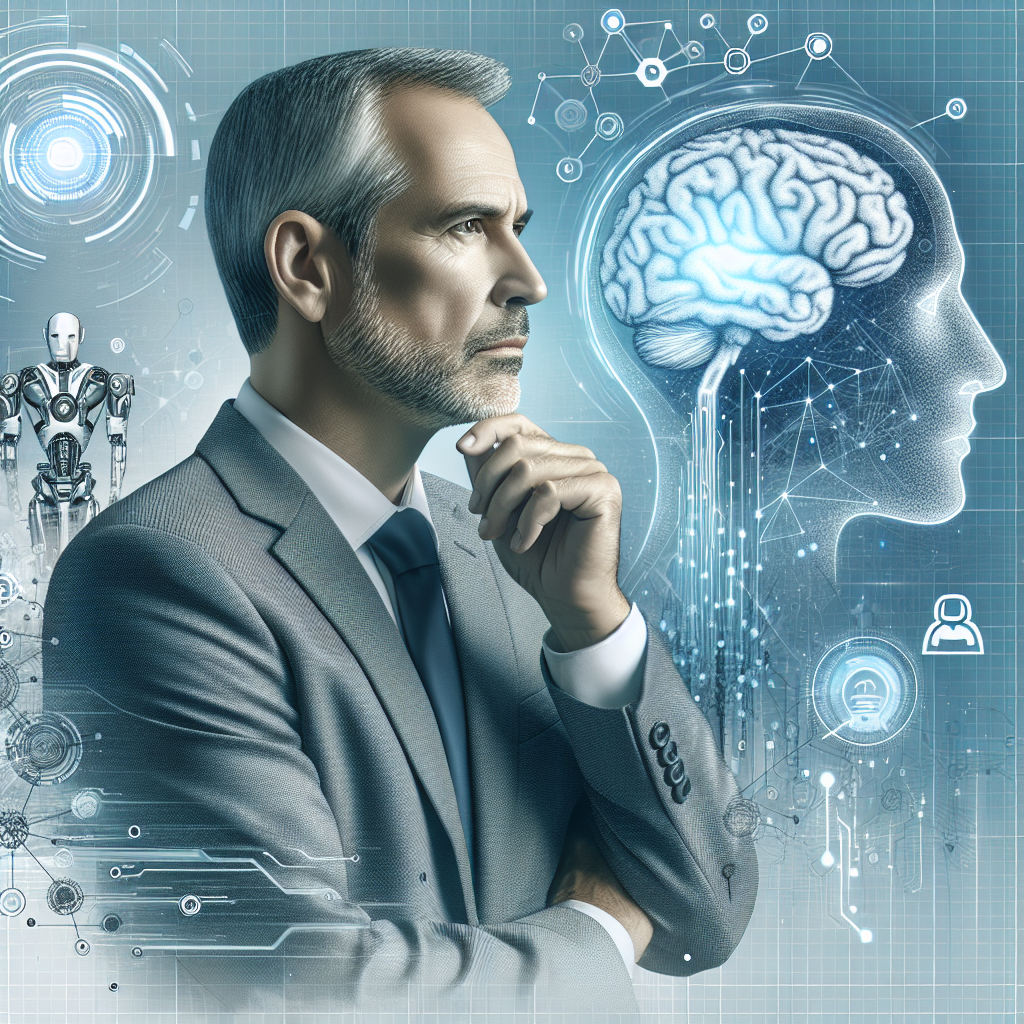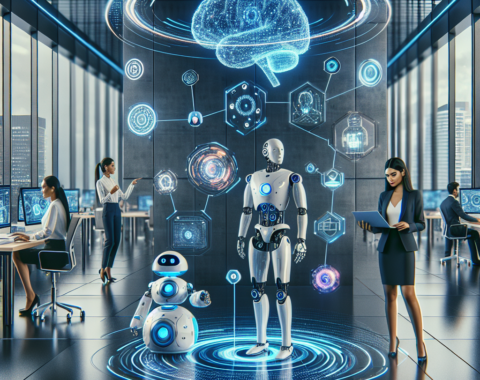
Bill Gates Reveals Top AI Concerns and Their Global Impact
In recent years, artificial intelligence (AI) has brought about transformative changes across various sectors, fostering innovation and enhancing productivity. Nevertheless, as AI technologies continue to advance, they also bring along a set of complex challenges. Bill Gates, co-founder of Microsoft and a renowned philanthropist, has been vocal about both the potential and dangers of AI. Here, we delve into the three primary concerns Gates has regarding AI and their potential impact worldwide.
1. The Threat to Employment
One of the most pressing issues highlighted by Gates is AI’s impact on the global workforce. With AI systems increasingly taking on tasks that were traditionally performed by humans, there is a growing fear of massive job displacement.
The Automation of Jobs
As AI technologies become more sophisticated, they are capable of performing a wide range of tasks—from data analysis to customer service. Gates notes, “The automation of routine tasks, particularly in manufacturing and service sectors, will lead to significant job displacement.” While this shift could lead to increased efficiency, it poses a serious question: What will happen to those whose roles are replaced by machines?
Skilled Workforce Shortages
On the flip side, there is also growing demand for skilled professionals who can develop, manage, and improve AI systems. This paradox presents a dual challenge: managing job loss in specific areas while addressing labor shortages in tech-driven fields. Gates suggests investing heavily in education and reskilling programs as a way to bridge this gap, advocating for a future where humans and machines can coexist in the workforce.
2. Ethical and Privacy Concerns
The ethical implications of AI extend far beyond job markets. Another significant issue is ensuring that AI systems operate within ethical boundaries and protect personal privacy.
Data Privacy Risks
With AI systems strongly relying on data, concerns about how that data is collected, stored, and used are more relevant than ever. Gates emphasizes the importance of establishing stringent guidelines and frameworks that protect user data globally. “Without proper oversight,” he warns, “users could become unwitting victims of data exploitation.”
ethical Dilemma in Decision Making
As AI systems increasingly participate in critical decision-making processes, such as medical diagnostics or autonomous driving, they must align with human ethics and values. Gates warns of the potential biases entrenched in AI models, particularly those trained on non-representative datasets, noting that “unchecked biases could lead to discriminatory outcomes.” To mitigate this, he suggests implementing comprehensive audit mechanisms to ensure fairness and transparency in decision-making.
3. Safety and Global Security Challenges
As AI grows in capability, its increasing involvement in areas of security and defense brings its own set of challenges. Gates highlights the critical need for balancing progress with caution.
The Weaponization of AI
Gates expresses concerns over the potential weaponization of AI technologies, which could lead to new forms of warfare. AI-driven drones and automated combat systems are not just concepts—they are realities. Without international agreements and regulations, he fears a future where “AI could escalate conflicts and be used in ways that are difficult to control.”
Ensuring Safe AI Development
Beyond military uses, there is the broader issue of ensuring that AI systems remain safe and beneficial to humanity. Topics such as AI alignment (making sure AI’s goals and actions align with human values) are of particular interest. Gates suggests a multi-stakeholder approach, encouraging governments, companies, and civil society to work together in developing and enforcing robust AI safety regulations.
The Path Forward: Striking a Balance
While AI’s potential to revolutionize industries and improve lives is immense, Gates underscores the need for a balanced approach. Addressing these challenges requires a mix of proactive policy formulation, ethical oversight, and international collaboration.
In conclusion, Bill Gates’ concerns serve as a wake-up call for governments, organizations, and individuals around the globe. It’s essential that we act now to implement strategic measures that embrace the benefits of AI while safeguarding against its potential risks. Through careful planning and united efforts, we can harness the power of AI to create a better and more secure world for future generations.




